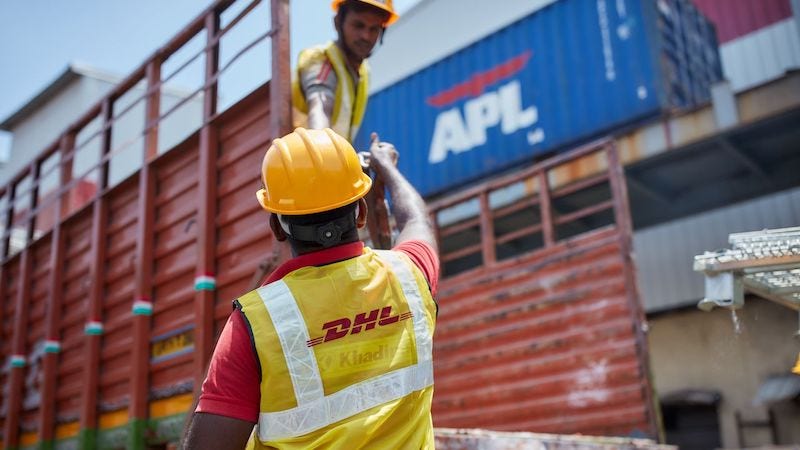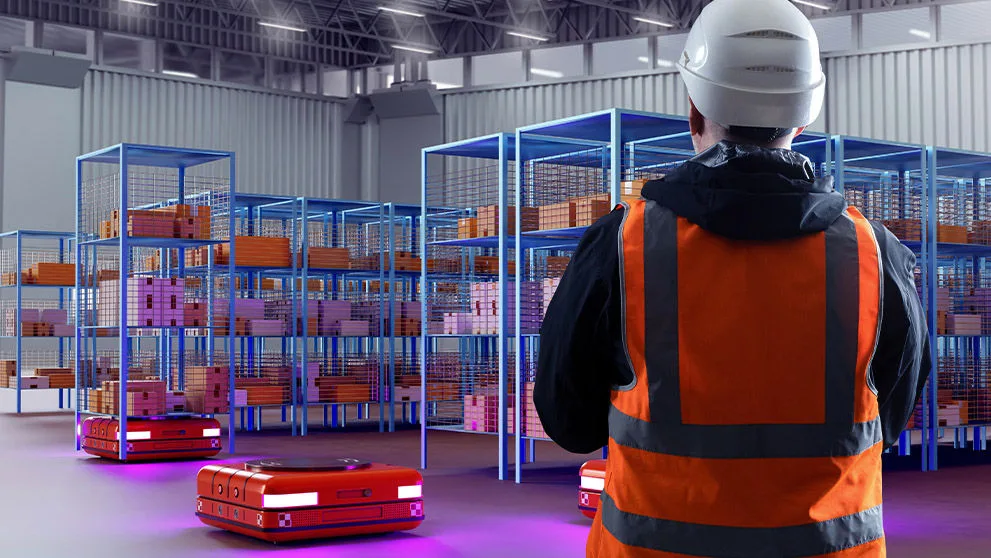
The COVID-19 pandemic resulted in major crises worldwide. The logistics sector, like many others, was significantly affected and continues to bear the brunt of its impact. As countries closed their borders, supply chains and international trade were severely disrupted. In its efforts to adapt, the logistics sector underwent a major upheaval, as new technologies and practices were implemented. This article discusses these changes as well as the future of logistics in the post-pandemic world.
The recovery of the logistics industry
During the first wave of the pandemic, businesses suffered the impacts of low demand amidst fear among consumers, lockdowns, and various new restrictions. However, over time, more consumers turned to online shopping, accelerating the growth of e-commerce. For instance, Digital Commerce 360 found that online grocery sales in the United States increased by 103% in 2020.
According to UN trade and development experts, global e-commerce sales grew from 16% to 19% in 2020. This increased demand challenged manufacturers, suppliers, and logistics carriers to meet newly emerging consumer needs in the face of the pandemic. Disrupted supply chains like manufacturing and retail required the redesigning of warehouse management solutions and logistic operations.
Logistics carriers play an important role for every e-commerce business. Logistics carriers addressed challenges by embracing automation, inventory optimisation, order traceability, changes in supply chain technology, last-mile delivery services, and other innovative solutions. This enabled e-commerce businesses to carry on business-as-usual. The following sections discuss the challenges and emerging trends in further detail.
Changed trends and the future of logistics
The COVID-19 pandemic impresses the necessity of ensuring the supply chain industry functions smoothly even during crises. Changing consumer trends are also rapidly shaping the future of the logistics industry. Here’s a snapshot.
1. Cold chain logistics
One of the most significant impacts of the pandemic was on the healthcare supply chain. Logistics carriers were forced to meet rapid increases in demand for medical equipment, medication, hygiene products, and personal protective equipment. Cold chain logistics - i.e. low temperature-controlled supply chain networks - thus grew in popularity.
2. Automation in logistics
Automation in logistics is more critical now than ever. Warehouse and fleet management, for instance, must be automated to provide transparency. Blockchain technology is another key part of the automation drive. Blockchain technology allows data to be stored and updated in a decentralised network through interconnected servers. It provides a secure, transparent, and traceable supply chain network that quickens key processes while reducing the margin of error. Moreover, via blockchain technology, shipments may easily be traced and located along the automotive supply chain.
3. Inventory optimisation
The need for inventory optimisation is a key driver shaping the new logistics industry. Commonly used in the fashion supply chain, this involves adopting a customer-centric approach and prioritising business needs to ensure optimal levels of stock may be maintained.
4. Faster delivery
Another rapidly emerging consumer trend is the need for quicker delivery at affordable rates. McKinsey reports that there’s a growing demand among consumers for same-day delivery, with a willingness to pay for the service. This means logistics and transport management have to improve their processes across the supply chain, to ensure fast and reliable delivery. Improvement in last-mile delivery services is critical in this regard.
5. Risk management and contingency planning
The COVID-19 pandemic revealed a range of vulnerabilities in organisations, including but not limited to unpreparedness during times of crisis. Businesses and logistic carriers, therefore, must now invest in risk management and contingency planning to create flexible and versatile processes. In the wake of similar crises, the new global logistics industry must be prepared to continue functioning smoothly.
6. Sustainability requirements
Logistic carriers and companies are also inspired to change their operations with increased consumer awareness of sustainability. Consumers are now, more than ever, aware of their carbon footprint and the impact of their actions on the environment. By embracing environmentally-friendly practices, consumers choose to support products and brands that make conscious efforts to offset their carbon footprint.
Evolvement of the Logistics Sector
In light of emerging trends, the logistics sector adapted and continues to evolve to optimally provide for its customers like e-commerce businesses. The logistics sector can also implement green initiatives in order to meet projected long-term consumer demands for sustainability. Services like Green Logistics Solutions by DHL Express, for instance, aims to reduce carbon emissions by using e-vehicles and renewable energy sources, including sustainable aviation and marine biofuels.
To learn more about how DHL Express continues to thrive in an industry that has undergone significant changes, sign up for a DHL Express account today.


























